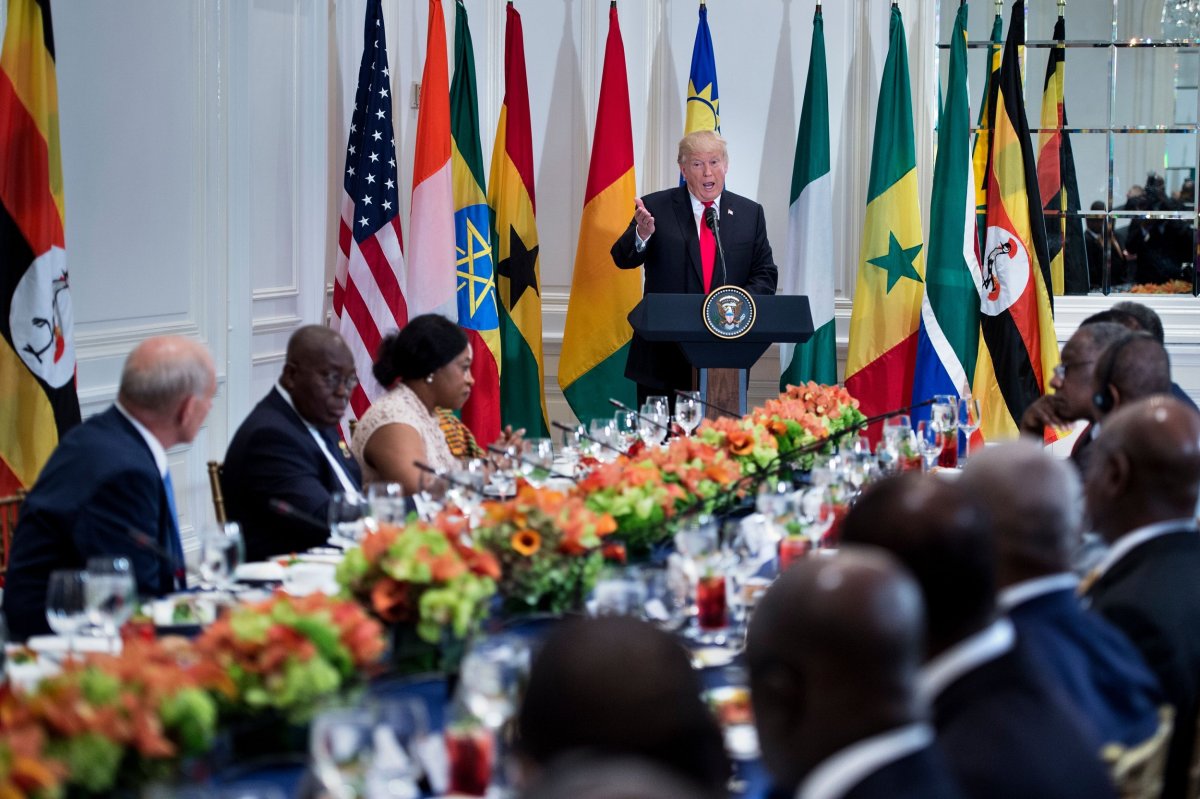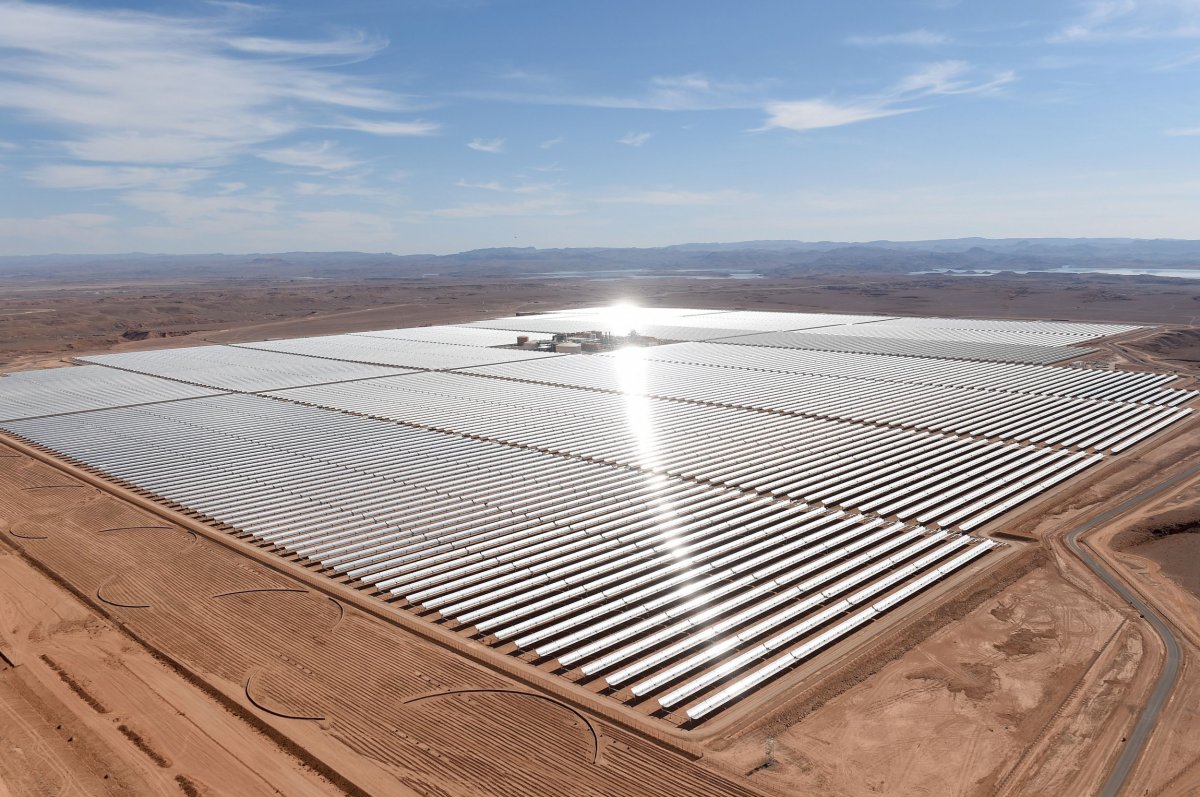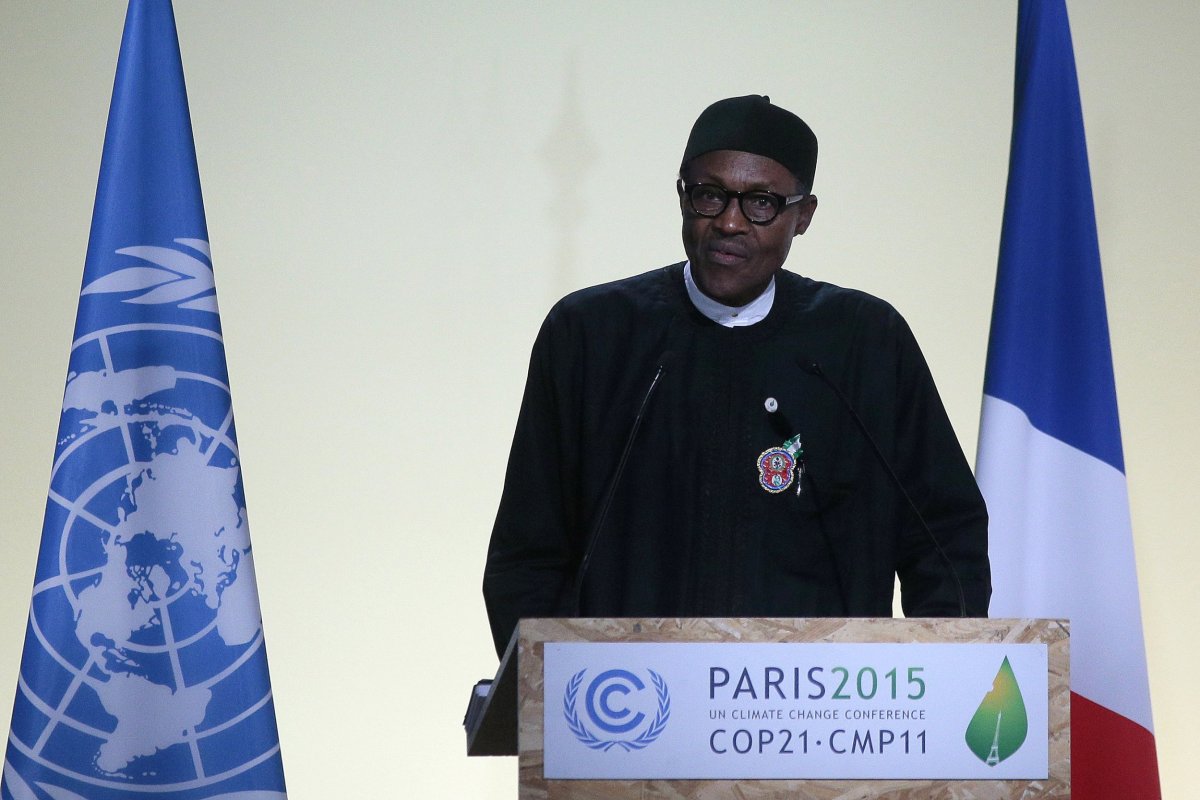In September, the U.S. International Trade Commission passed a ruling that will allow President Donald Trump to erect trade barriers that could cripple the burgeoning American solar industry—a decision that benefits domestic panel manufacturers and cheaper fossil fuel producers at the expense of foreign solar installation firms, consumers and the environment.
Across the Atlantic Ocean, something very different is happening in Africa. Despite the region's reputation for red tape and bureaucracy, governments are actually making it easier to go green on the continent.
The last half-decade has seen industry leaders like Mkopa, Bboxx, and Mobisol prove that commercially-minded off-grid solar systems can power a household in Africa for as little as $56 per year, and provide electricity access to the 600 million Africans without access to the grid. More recently, new entrants like Rensource in West Africa and SolarNow in the East are tackling the urban and peri-urban "bad grid" market with larger systems for productive use, providing an alternative to polluting, costly generators.
With global oil prices stagnating and low-wage jobs in the coal sector declining for decades, solar has become an appealing, cost-effective power source that generates jobs and preserves health. While America steps back as a climate leader, African governments are showing Trump and other leaders that it pays to go green in terms of jobs, productivity and political support.

American manufacturers may lament Chinese-made solar panels, but African governments are increasingly welcoming them with open arms. High equipment costs have been the major obstacle to widespread solar power in African markets for years. In 2016, Bill Gates asserted that solar was not the energy solution Africa needed because it could never compete on price with fossil fuels. But plummeting prices for panels and batteries and renewed government commitments to renewable energy have disproved Gates' prediction. Photovoltaic panel prices in Africa fell 61 percent from 2012 to 2016 and two-thirds of countries are expected to reach grid parity—when the cost of solar-generated electricity is as cheap as electricity purchased from the electrical grid—within a few years.
Regional governments across the continent are taking proactive steps to scale solar projects as a corner of their development policy. Last year, Morocco opened the world's biggest concentrated solar power plant —Noor 1—and hosted the United Nations Climate Change Conference; meanwhile, the Moroccan Agency for Solar Energy (Masen) has pioneered the country's investments in scaling its solar capacity for export. In East Africa, Tanzania, Mozambique, and Malawi have established Feed-in Tariff (FIT) programs, which incentivize renewable energy production and consumption. In addition to FITs, the Ugandan government is fast-tracking solar projects to help the country achieve its goal of having 61 percent of its energy consumption come from renewables by 2017.
African countries may lack the ubiquitous electrical poles and accessible grid of the United States, but by leapfrogging this costly, bulky infrastructure, the continent can bound ahead of the U.S. as a generator—and, perhaps, an exporter—of cheap, clean energy.

While President Trump tries to keep his promise to protect coal and Big Oil and bring back the jobs of a departed era, Africa is looking ahead and seizing renewable energy as an engine for job creation. Lackluster global oil prices hurt producers as well as employees, as revenues and jobs are lost. The co-founder of dVentus Technologies, a Michigan manufacturer of wind turbine components, established a production site in his native Ethiopia to create clean energy equipment and hundreds jobs right where the products were consumed. In neighboring Kenya, refugees are being trained to install solar panels —providing both a cheaper energy solution and income.
Just as employment can calm restiveness in disenfranchised communities in the U.S., African countries are looking to green jobs to deter violence, mass emigration, and radicalization. If trends continue, solar will cost half as much as coal and natural gas over the next 20 years: demand for renewables will dwarf that of fossil fuels and require innumerable employees to maintain those systems. Trump's insistence on curbing innovation in green energy does a disservice to the economically-disadvantaged communities he resonates with most. America should take note of Africa's embrace of solar—rather than clinging to the jobs of the past, nations must pave the way for the future of work.
Finally, President Trump must accept that renewable power safeguards public health, which translates into political support and a possible second term. By 2050, solar could yield $400 billion in health and environmental savings to the United States, including improving health and reducing pollution. In some African countries, the environmental situation is more immediate: air pollution is now deadlier than poor sanitation or malnutrition and claims over 700,000 lives per year. One hundred percent of people in Nigeria, Africa's most populous country, are exposed to air pollution levels that exceed WHO guidelines, with air pollution damage costing 1.5 percent of gross national income.

In addition to traffic congestion and industrial runoff, Africans suffer from the relentless fumes of outdoor diesel generator and the smoke of indoor cookstoves. Nigeria's city of Port Harcourt, once known as The Garden City, was recently dubbed the city of soot; four other Nigerian cities among the world's worst cities for air pollution. But where there is lack, there is innovation: from a dark obstetrics ward in Nigeria came the idea for a portable, solar-powered suitcase to illuminate rooms when the power fails. Innovation flourishes in Africa because people have never had the luxury of fossil fuel dependence or the comfort of complacency—there is an optimism that the future can be made brighter.
While America grapples with itself, Africa stands poised to become the world's first green continent. From the ambitious anti-desertification plan of the Great Green Wall Initiative to the African Development Bank's Green Growth Initiative, the region is emerging as a climate change leader and the world should take note. As climate change gathers pace and African nations tackle rapid urbanization and booming population growth, leaders on the continent are taking the right steps to secure themselves for the long-term. To set America on the path to a sustainable future, the Trump administration must invest now wholeheartedly in clean energy policies. If they get lost, they can look to Africa to shed some light.
Ademola Adesina is the Founder and chief executive officer of Rensource, a leading distributed energy provider in West Africa.
Uncommon Knowledge
Newsweek is committed to challenging conventional wisdom and finding connections in the search for common ground.
Newsweek is committed to challenging conventional wisdom and finding connections in the search for common ground.
About the writer
To read how Newsweek uses AI as a newsroom tool, Click here.








